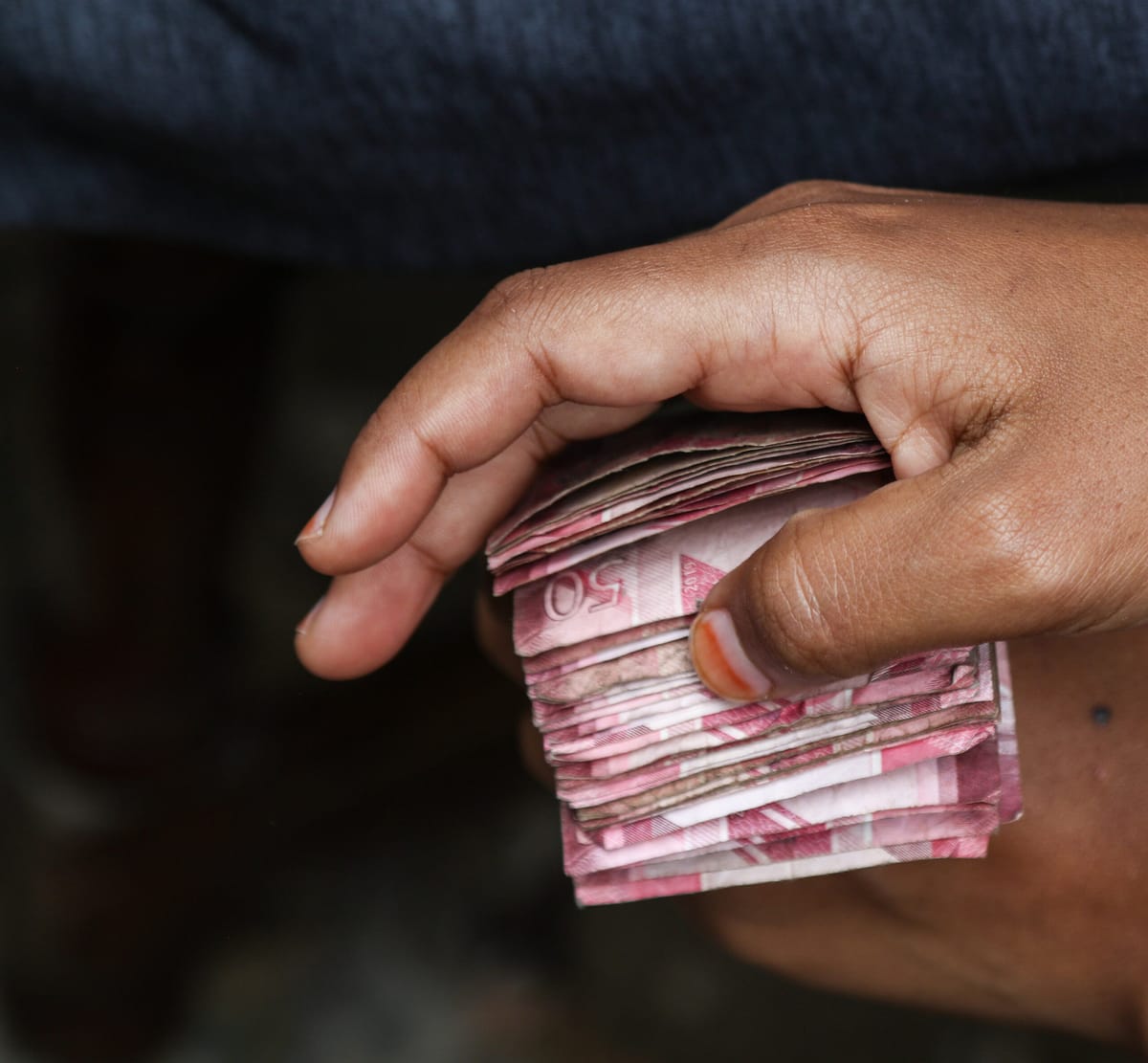How trans and intersex people in Kenya have to bribe police, hospitals and landlords to survive

Source: CNN International
Mombasa, Kenya - On a rainy night last June, police officers in Mombasa arrested a young trans woman and allegedly refused to let her go until she'd paid them a $50 bribe.
Brian, in her late 20s, told CNN that the police held her in their custody for "being drunk and disorderly" when she was leaving a queer-friendly club in Kenya's second most populous city.
But "I wasn't drunk at all; neither was I disorderly," Brian told CNN, saying the arrest was a ruse. Her real name, and those of all the other trans and intersex people in this story, have been withheld to protect their identities either because they are not publicly out or because they fear reprisal from the people and institutions they accuse of demanding bribes. She chose a traditionally male name as a pseudonym, telling CNN that it's safer to navigate Kenyan society with one.
Brian said that on the night of June 14, as she and five other trans friends were leaving the club, they saw a police van parked just a few meters away. Brian said she heard a police officer say, "These are gays" as he moved toward them, so she and her friends ran. "My friends managed to escape, but since I was wearing a tight black dress and high heels, I slid and fell," Brian said. Three of the five friends who were with her that night gave the same account. CNN couldn't reach the other two.
The three police officers on duty at the time of her arrest confirmed that they had arrested Brian, but denied commenting on her sexual orientation. "She was drunk and disorderly," one of them told CNN.
"What do you have?'' Brian remembered an officer asking her after he caught her. "Look for 5,000 [Kenyan] shillings (about $30) and let's finish this issue here." But Brian didn't have enough cash with her. So, as she told CNN, the officer took her to the police station where all night "the police kept demanding the bribe, which I was forced to eventually arrange to secure my release." She said she was allowed to call her friends to ask for the money. Her brother brought it to the station the next morning and Brian was released, she said. The brother provided the same details to CNN.
The amount, Brian said, was a bribe and not some kind of fine because it was not recorded anywhere, neither was a receipt issued by the officers after receiving the money. "They just put it in their pocket," she said. The police, however, told CNN that it was a "fine," but the person in charge of record-keeping failed to record it.
Brian said that, in her experience, the majority of such arrests happen when gender nonconforming people are on foot. That is why they prefer travelling in private taxis, if they can afford to do so.
The Mombasa County police commander said he is not aware of any police officers in Mombasa soliciting bribes, saying no complaints have been made.
Brian and 25 other trans and intersex people interviewed by CNN, in both Mombasa and the Kenyan capital Nairobi, said this kind of police harassment is common for them, something that they have accepted as the price they have to pay for their freedom and privacy in a country with widespread anti-LGBTQ+ sentiments.
"Any time I go out to party or for meetings, I must have a budget for bribing police officers, because you never know when they will show up," Brian said. "Some of us who don't have money to bribe often stay indoors or meet at friends' places."
